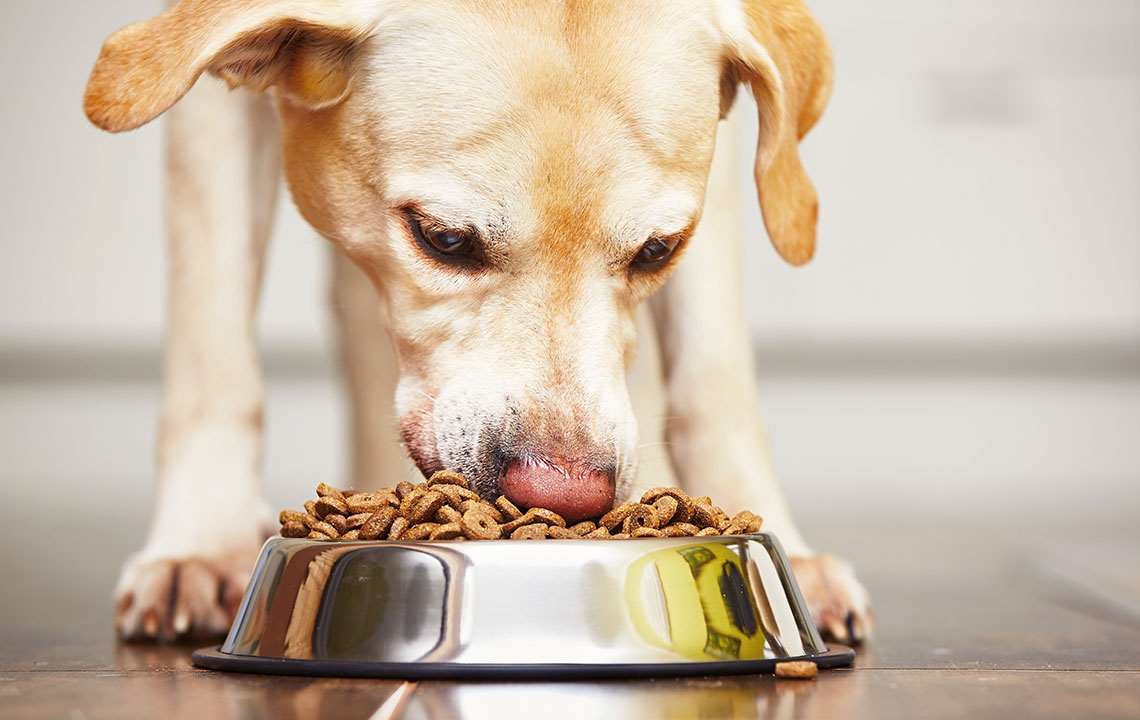Key Tips for Selecting Food for Dogs with Skin Sensitivities
Learn essential tips for choosing the right food for dogs with sensitive skin. Proper diet and nutrition can significantly improve skin health, reduce irritation, and promote a comfortable, itch-free life. This guide covers symptoms, dietary factors, and best food options, including homemade recipes and supplements, to support your dog’s sensitive skin condition effectively.

Key Tips for Selecting Food for Dogs with Skin Sensitivities
If your dog is constantly scratching or biting at their skin, it may indicate an underlying sensitivity. Dogs, like humans, can suffer from skin issues that cause significant discomfort. These problems might cause patches of discolored fur and an urge to chew or lick affected areas, leading to irritability. Several factors, including diet, genetics, and environment, can contribute to these sensitivities. Over time, issues such as flea bites or unsuitable grooming products may worsen skin conditions. Feeding your dog specially formulated sensitive skin food can help maintain skin health and alleviate discomfort.
Recognizing the symptoms of sensitive skin is crucial. Persistent itching and scratching are common early signs. If your dog is rubbing their face on furniture or surfaces, it might be seeking relief. Digestive issues like loose stools or vomiting can also indicate that diet plays a role. The quality of a dog’s food greatly influences skin health. Foods high in fillers such as corn or wheat can trigger allergies. Opt for high-quality, meat-based foods labeled for sensitive skin, often rich in omega-3 and omega-6 fatty acids, to support skin and coat health.
Signs of skin sensitivity in dogs include constant scratching, licking, and rubbing of affected areas, along with possible fur patches and discolored skin. Digestive problems may also be present, such as vomiting or frequent loose stools. Diet plays a major role in skin health; therefore, choosing the right food is essential. Many commercial options may contain ingredients that trigger allergies. Select foods designed specifically for sensitive skin, with high-quality meat and beneficial fats, to promote healthy skin and reduce irritation.
Dietary factors causing skin issues involve ingredients that may not suit your pet’s digestion. Common triggers include low-quality meats or fillers like corn and wheat. Instead, opt for meats such as venison or lamb, which are gentler on sensitive skin. Omega-3 and omega-6 fatty acids are vital for maintaining healthy skin and coat. Feed sources rich in these include salmon, flaxseeds, pumpkin seeds, and walnuts. Keep your dog well-hydrated by offering plenty of water—adding wet food or frozen treats can help. Supplements like oils and capsules can further support skin health, but consult your vet first. Preparing homemade meals tailored to sensitive skin can ensure your dog’s food is free from harmful additives, providing peace of mind about their diet.
Important Considerations: Always discuss dietary changes with your veterinarian to ensure suitability. Focus on balanced, high-quality ingredients, and consider supplementing with omega fatty acids. Proper hydration and homemade recipes can give better control over your dog’s nutrition, helping to soothe sensitive skin. Regular vet checkups will help adjust diet plans as needed, enhancing your pet’s comfort and health.










